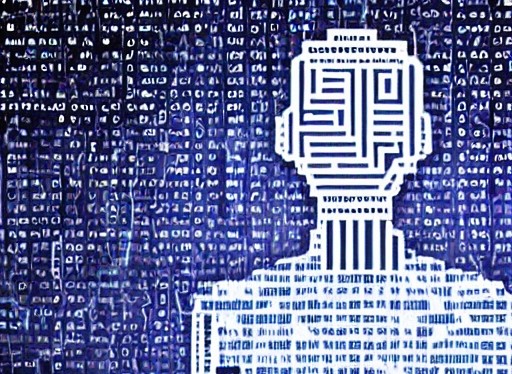AI is one of the hottest trends in the technology industry today. AI technology is being applied in various fields, including healthcare, finance, education, transportation, and more. One of the biggest trends in AI currently is the use of machine learning algorithms that can learn from data and make predictions or decisions based on that learning. Another trend is the development of natural language processing (NLP) and speech recognition technology, which enables computers to understand and communicate with humans in a more natural way. Additionally, there is a growing trend towards the use of AI in automation, robotics, and smart homes and cities.
The human fear of AI is based on the idea that machines with advanced intelligence and decision-making capabilities may one day become uncontrollable and pose a threat to humanity. This fear is often fueled by popular culture and media that portrays AI as a destructive force that could potentially turn against its human creators. Another fear is the potential loss of jobs due to automation and the fear of being replaced by machines. Additionally, there are concerns around privacy and the potential misuse of AI by governments or corporations. Overall, the fear of AI stems from the unknown and the possibility of unintended consequences as AI continues to evolve and become more integrated into our lives.
I asked the AI based tool ChatGPT to highlight why humans should not worry of it at all, and here is a short summary which re-assures AI is really getting smart:
- AI is a tool: AI is just a tool created by humans to solve problems and make our lives easier. It doesn’t have any inherent motivation or desire to harm humans. AI can only do what it is programmed to do, and it is up to humans to ensure that it is used in a responsible and ethical manner.
- AI can enhance human capabilities: AI can help humans solve problems that were previously too difficult or time-consuming to solve on our own. For example, AI can help doctors diagnose diseases, assist engineers in designing better products, and help researchers analyze large amounts of data.
- AI can create new jobs: While AI may automate certain tasks, it can also create new job opportunities. AI requires humans to design, develop, and maintain it, and there will be a growing demand for people with these skills.
- Regulations and Ethics: Governments and regulatory bodies are working to develop regulations and ethical guidelines for the use of AI. These regulations will ensure that AI is used in a safe and responsible manner, and that any potential risks are mitigated.
- Human control: Humans will always be in control of AI. It is up to us to make sure that AI is used in a way that benefits society as a whole and does not harm humans or the environment.
So, by going all of these above points, we can surely assume that AI cannot harm humans on its own because it lacks consciousness and intent. AI is programmed to perform specific tasks based on algorithms and data sets. It does not have the capability to make decisions outside of its programming or to act with malice. Additionally, AI is designed to operate within specific parameters and is bound by strict rules and guidelines that ensure its actions are safe and predictable. While there is a potential for unintended consequences, such as biased or flawed decision-making, it is up to humans to design and program AI in a responsible and ethical manner. Ultimately, AI is a tool created to benefit humanity, and it is up to humans to ensure that it is used in a way that benefits society as a whole.
An Ethical Hacker, Coding Enthusiast, Software Developer.
Love to discuss Ideas. Open for collabs.
